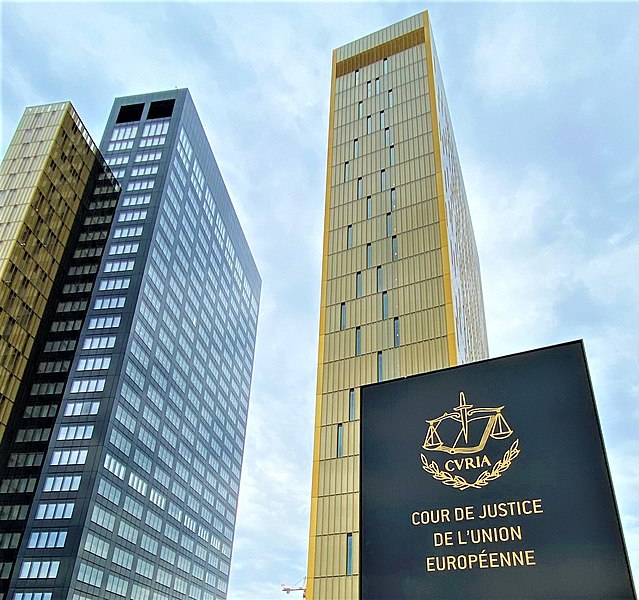Latest blog articles
-

Questions surrounding how the EU budget is spent or audited have been, and will always be, of interest to EU citizens.
-

Article 17 Digital Single Market Directive necessitated many online platforms to have an upload filter to prevent copyright infringements.
-

Disruptions of supply—as opposed to refusals to supply—are a suitable qualification for the ‘open early, closed late’ scenarios often observed in the digital economy. The case law, however, does not always distinguish clearly between the two types of conduct.
-

Some conducts encountered in digital markets, e.g. killer acquisitions, self-promotion and marketing strategies, non-transparent and discriminatory interfaces, signify a need for ex ante regulation, as widely acknowledged.
-

Representing the prototype of multi-sided platforms, app stores are at the forefront of the debate on digital markets.
-

As Big Tech Platforms increasingly become unavoidable actors in digital markets, there seems to be a consensus in the EU, UK and USA that legislative action must be taken to tame their power.
-

The EU Directive on Administrative Cooperation (DAC), enacted in 1977 and – as a standard – most recently re-adopted in 2011, has been amended several times with its scope of application broadened over the years.
-

With its judgment in case Stichting Rookpreventie Jeugd and Others (C-160/20
-

As course coordinator and tutor for the only mandatory law course in the Bachelor in European Studies, I typically start the course with a clear message to students: Law as a discipline has its own language and logic and you can only get the hang of it by doing it.
-

Recently I was interviewed by Dutch news radio station BNR on the question whether there are legal or economic arguments to split up Big Tech companies like Facebook, Go